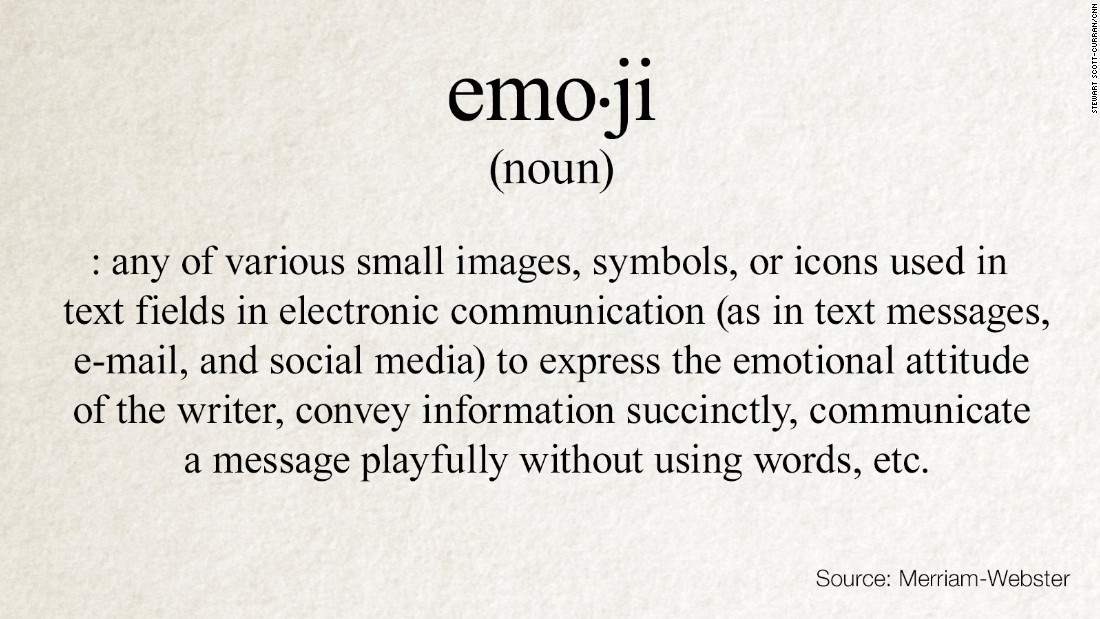Tips and tricks to help you learn
With more than 100,000 word-families in the English language (as well as a staggering 1,025,109 English words in existence [Oxford Dictionaries]), learning English vocabulary is no easy task. Make no mistake: as a learner of the English language you have a pretty tricky task ahead of you. Nevertheless, it isn’t all bad. As the following facts show, you might well be learning the most intriguing language of them all when it comes to vocabulary. Here are 5 fascinating facts about English vocabulary:
1. “He believed Caesar could see people seizing the seas”.
In your learnings you may well have been frustrated at the many ways in which the sound ‘ee’ can be spelt. The sentence above demonstrates this problem in a nutshell, and contains seven varying ways of spelling out this tricky sound.
2. “Pneumonoultramicroscopicsilicovolcanoconiosis”
Want to impress your fellow learners? Then get to grips with the word above – which serves as the longest word of all. Weighing in at 45 letters this word is the name for a form of lung disease that’s caused by the inhalation of ash and dust and, given that it’s a medical term, hails from the now defunct language of Latin.
3. Irony and pronunciation
Brits are well known for their humour – strange to many cultures and most notably known for the use of irony (and if you’ve ever visited a UK comedy club you may well have been nothing short of baffled at some of the jokes).
However it seems that irony is no stranger to English vocabulary either, as the most mispronounced word is (wait for it…) pronunciation!

4. Vocabulary – why it’s probably a battle that you won’t win
As if there aren’t already enough words to learn you face an ever tougher challenge as one new word enters the English language every two hours (which equates to around 4,000 new dictionary entrants each year).

5. “Set”: What does it mean?!
Set is a word that boasts more differing definitions than any other, meaning:
1. Put, lay, or stand (something) in a specified place or position.
2. Put or bring into a specified state.
3. Adjust (a clock or watch), typically to show the right time.
4. Harden into a solid or semi-solid state.
5. (Of the sun, moon, or another celestial body) appear to move towards and below the earths horizon as the earth rotates.
6. (Of a tide or current) take or have a specified direction or course.
7. Start (a fire).
8. (Of blossom or a tree) form into or produce (fruit).
9. Sit.





